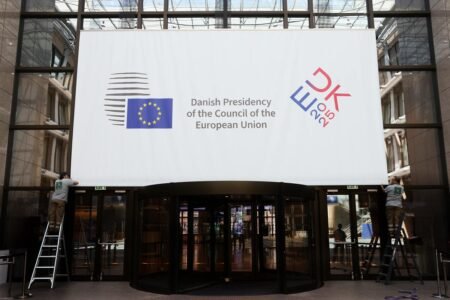— last modified 18 February 2016
WWF welcomed the report published by the European Commission today, showing that 2 ½ years after it entered into force, the EU Timber Regulation is still not being implemented and enforced effectively in most EU countries.
The report also identifies as problematic that some categories of wood-based products imported into the EU are not covered by the EU Timber Regulation – including major product groups such as printed materials, chairs and musical instruments. WWF has long advocated that both these issues should be addressed by the European Commission.
Andreas Baumüller, Head of Natural Resources at WWF?s European Policy Office said:
?The European Commission now holds the key to lock the door on any illegal timber products entering or being traded within the EU market. This report clearly shows why, after more than two years, European citizens still run the risk of buying products made of illegal timber. We urgently need all wooden products to be covered by the Regulation and all 28 Member states to implement the regulation consistently, with appropriate checks on operators and effective penalties.?
The Commission released its report after consulting stakeholders across the EU earlier in 2015 on the effectiveness of the Regulation. Several concerns were raised including the fact that the law had been implemented with significant delay in some Member States. Lack of resources for enforcing the Regulation was identified as a key concern, along with the need to expand the scope, which covers only 41% of products by value according to WWF’s figures. WWF has demonstrated that a cross-section of EU businesses, including those from the timber, paper, furniture, DIY and construction sectors, support its call to improve the EU Timber Regulation.
The report shows that there is no evident need for changes in the core elements of the legislation, and the Commission may consider expanding the product scope in the next months.
The need for better monitoring and enforcement is exemplified by the Schweighofer case. Last year, WWF Austria filed a complaint against one of Europe?s biggest timber companies, Holzindustrie Schweighofer, according to the European Timber Regulation (EUTR). The complaint was based on new evidence provided by the US Environmental Investigation Agency (EIA) showing that Schweighofer processed large amounts of illegally harvested timber from Romanian forests into semi-finished wood products and biomass, selling the products throughout the European Union (about 50% of the timber harvested in Romania was illegal according to National Forest Inventory). The company owns three sawmills and two factories in Romania for an annual turnover of 465 mill euro. WWF has made continuous efforts to save the last remaining virgin forests in the Carpathian region.







